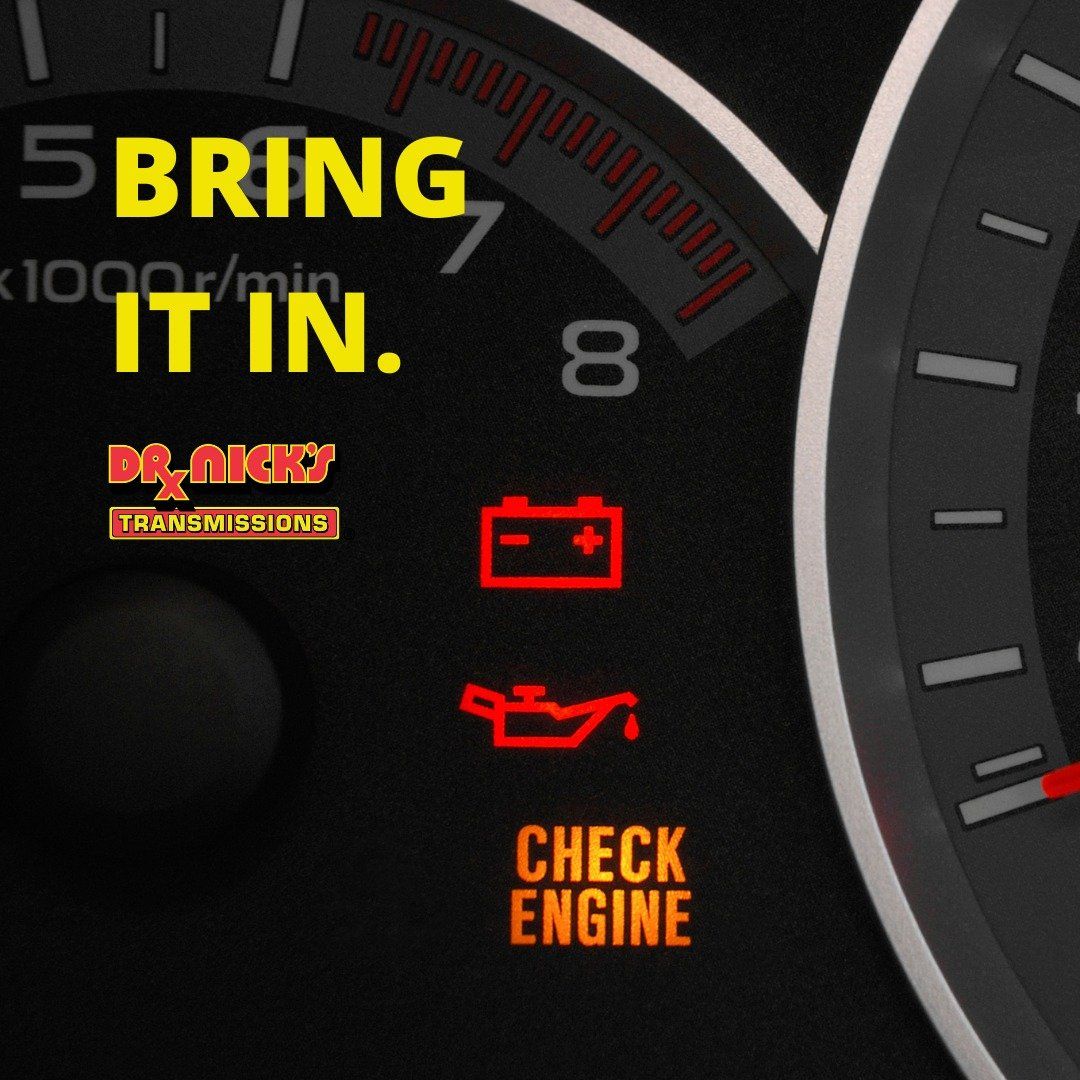Types of Transmission Repair
A transmission problem can occur unexpectedly, causing your car to respond poorly—or not at all—while driving. Even if transmission problems do not cause noticeable changes in your driving experience, they can cause faster-than-normal wear on your tires or a check engine light to appear. If you’re experiencing car transmission problems, visit Dr. Nick’s Transmissions for a thorough transmission inspection and affordable transmission repair options today.
Standard vs. Automatic Transmissions
Manual transmissions were once the only option available in every vehicle. Today, you have your choice between a manual or automatic transmission; each type of transmission offers unique characteristics:
- Manual transmissions require greater time to master when learning to drive and take more concentration during driving to use. Drivers must also be able to engage both feet simultaneously to operate a manual transmission.
- Most drivers feel that manual transmissions offer superior control over the car’s performance and fuel efficiency.
- Automatic transmissions are preferred for their ease of use and the reduced concentration required for operation, allowing drivers to keep their attention focused on the road.
- Manual transmissions are simpler in design, meaning they are more robust and generally require fewer, less complicated repairs than automatic transmissions.
- Vehicles with a manual transmission are on average $1,000 less than those with an automatic transmission.
Most Common Transmission Problems
Do you know what a transmission problem looks or sounds like? Understanding the most common transmission problems and their symptoms can help you pinpoint trouble as soon as it occurs for transmission repairs. If you have questions or concerns about your transmission, contact Dr. Nick’s Transmissions by calling (631) 751-6500.
- The most common transmission problem you’re likely to encounter is a low transmission fluid level. This can be caused by a leak in the transmission system, either due to a leaky line or degraded seals within the system. Low transmission fluid levels typically cause slow shifting or gear slippage while driving.
- Automatic transmissions use a torque converter to transfer power from the engine to the wheels. Worn needle bearings on your torque converter is another common transmission problem; this issue causes loud noises during driving, such as brushing or grinding sounds in one or more gears.
- The solenoid is a component of your transmission system that regulates the flow of fluid as the system works. A damaged solenoid may cause symptoms similar to those prompted by other transmission problems, such as slipping between gears. If you can’t find a leak in your transmission system and the fluid levels appear fine, your transmission problem could be due to a worn or damaged solenoid.

